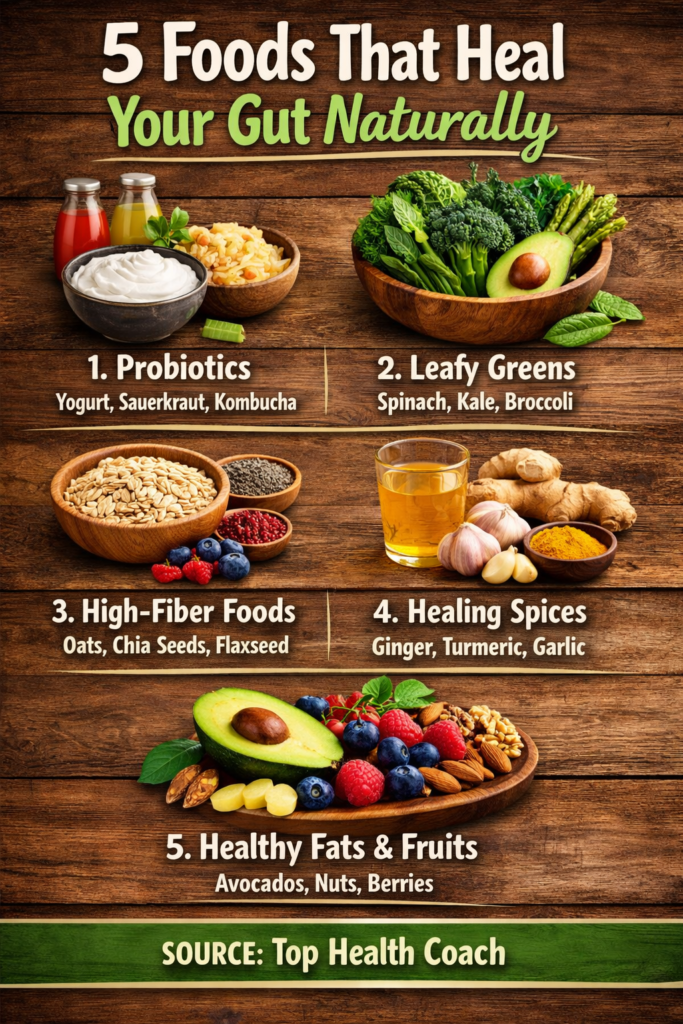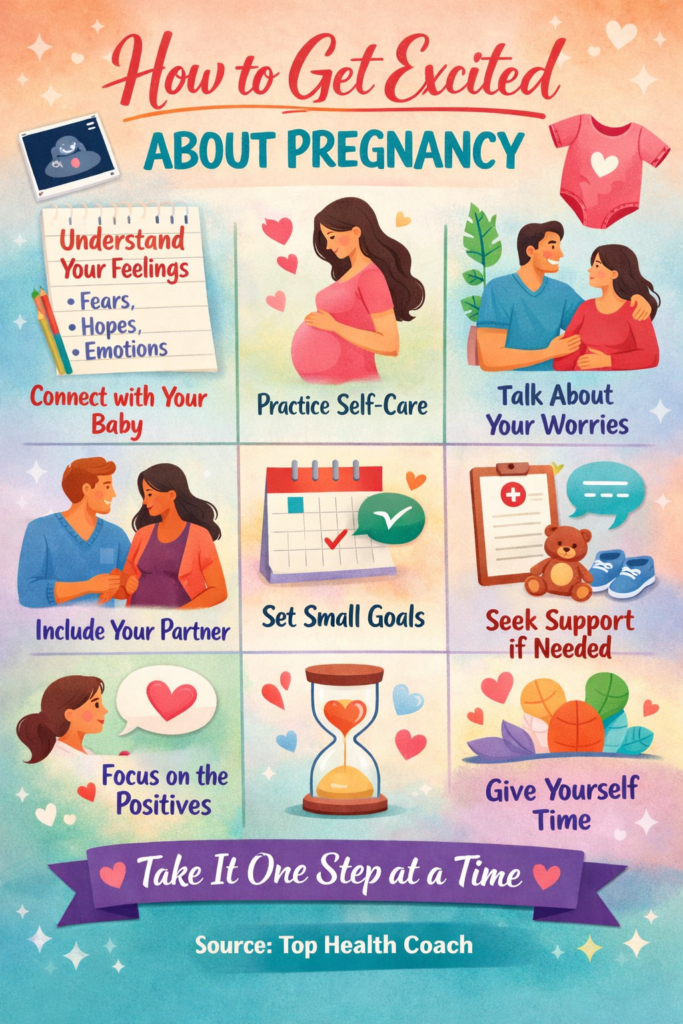Understanding nutrition and healthy eating basics is essential for maintaining a strong, energetic, and disease-free body. Proper nutrition provides the fuel your body needs, while healthy eating habits ensure long-term well-being.
In today’s fast-paced lifestyle, it can be easy to overlook the importance of nutrition, but knowing the fundamentals empowers you to make informed choices, improve your healthy lifestyle, and prevent chronic health issues. This article explores essential healthy eating basics, key nutrients, and practical tips for integrating better nutrition into daily life.
What is Nutrition?
Nutrition refers to the process by which your body takes in and utilizes food for energy, growth, and repair. It is the cornerstone of a healthy lifestyle and impacts physical performance, mental health, and overall vitality.
- Macronutrients: Carbohydrates, proteins, and fats are essential for energy, muscle repair, and brain function.
- Micronutrients: Vitamins and minerals support immune function, bone health, and metabolism.
- Water: Hydration is vital for all bodily processes and maintaining nutrition balance.
Understanding the basics of nutrition helps you make better food choices and adopt healthy eating basics.
The Importance of Healthy Eating
Healthy eating basics are not just about losing weight—they are about nourishing your body.
- Supports Growth and Development: Nutrients from a balanced diet promote healthy physical and mental development.
- Maintains Energy Levels: Proper nutrition fuels daily activities and prevents fatigue.
- Reduces Risk of Diseases: Eating nutrient-rich foods protects against heart disease, diabetes, and obesity.
- Improves Mental Health: A balanced diet supports cognitive function and emotional well-being.
By following healthy eating basics, you create a foundation for lifelong health.
Components of a Balanced Diet
A balanced diet is the heart of healthy eating basics. It ensures that you get all essential nutrients in the right proportions.
1. Carbohydrates
- Function: Primary energy source for the body and brain.
- Sources: Whole grains, fruits, vegetables, legumes.
- Tip: Choose complex carbs over refined sugars for steady energy.
2. Proteins
- Function: Build and repair tissues, support muscle health, and produce enzymes.
- Sources: Lean meats, poultry, fish, eggs, legumes, nuts, and seeds.
- Tip: Include a protein source in every meal to maintain muscle mass.
3. Fats
- Function: Provide energy, protect organs, and support hormone production.
- Sources: Avocados, nuts, seeds, olive oil, fatty fish.
- Tip: Focus on healthy fats and reduce trans fats and saturated fats.
4. Vitamins and Minerals
- Function: Support immunity, bone health, nerve function, and metabolism.
- Sources: Fruits, vegetables, dairy, fortified foods, lean proteins.
- Tip: Eat a rainbow of fruits and vegetables for a variety of vitamins and minerals.
5. Fiber
- Function: Supports digestion, maintains healthy cholesterol levels, and stabilizes blood sugar.
- Sources: Whole grains, fruits, vegetables, legumes, nuts.
- Tip: Aim for at least 25–30 grams of fiber daily.
6. Water
- Function: Essential for hydration, digestion, and nutrient transport.
- Tip: Drink at least 8–10 glasses of water daily and more during physical activity.
Principles of Healthy Eating
Following healthy eating basics involves practical strategies and consistent habits:
- Variety: Include foods from all food groups to ensure nutrient diversity.
- Balance: Combine carbohydrates, proteins, and fats in appropriate portions.
- Moderation: Avoid excessive sugar, salt, and unhealthy fats.
- Portion Control: Eat the right amount to meet energy needs without overeating.
- Mindful Eating: Focus on your meals, eat slowly, and listen to hunger cues.
Planning a Healthy Meal
A well-planned meal is a cornerstone of healthy eating basics:
- Breakfast: Whole grains, protein, and fruits (e.g., oatmeal with nuts and berries).
- Lunch: Lean protein, vegetables, and complex carbs (e.g., grilled chicken with quinoa and salad).
- Dinner: Balanced and light meals with proteins, vegetables, and healthy fats.
- Snacks: Fruits, nuts, yogurt, or hummus with vegetables.
Meal planning reinforces nutrition goals and encourages healthier choices.
Tips for Healthy Eating
- Cook at Home: Homemade meals are easier to control for nutrients and portion sizes.
- Limit Processed Foods: Reduce intake of fast foods, sugary drinks, and snacks.
- Read Labels: Check calories, sugar, sodium, and fat content.
- Eat More Plants: Vegetables, fruits, and legumes improve overall health.
- Stay Hydrated: Water supports digestion, metabolism, and energy.
- Practice Mindful Eating: Focus on your food and avoid distractions while eating.
- Snack Smartly: Choose nutrient-dense snacks instead of empty calories.
- Plan Meals Ahead: Weekly meal prep can help you stick to healthy eating basics.
Common Misconceptions About Nutrition
- “Carbs are bad”: Complex carbohydrates are essential for energy and should not be avoided.
- “Fats make you fat”: Healthy fats are crucial for hormone balance and heart health.
- “Skipping meals helps lose weight”: Skipping meals can slow metabolism and reduce nutrient intake.
- “Supplements replace food”: Supplements support nutrition but cannot replace a balanced diet.
Understanding these myths helps you stay consistent with healthy eating basics.
Benefits of Practicing Healthy Eating Basics
- Weight Management: Balanced meals help maintain a healthy weight.
- Stronger Immunity: Nutrient-rich foods enhance disease resistance.
- Improved Mental Clarity: Adequate nutrition supports cognitive function.
- Energy Boost: Proper meals provide sustained energy throughout the day.
- Longevity: Healthy dietary patterns reduce the risk of chronic diseases.
Adhering to healthy eating basics is a long-term investment in your body and mind.
Conclusion
Understanding nutrition and healthy eating basics is the foundation for a healthy lifestyle. By consuming a variety of nutrient-rich foods, balancing macronutrients, staying hydrated, and practicing mindful eating, you can achieve optimal health, energy, and vitality.
Start by making small, consistent changes in your meals and gradually build habits that reinforce healthy eating basics. Remember, nutrition is not a temporary diet—it’s a lifelong practice that nurtures your body, mind, and overall well-being.




